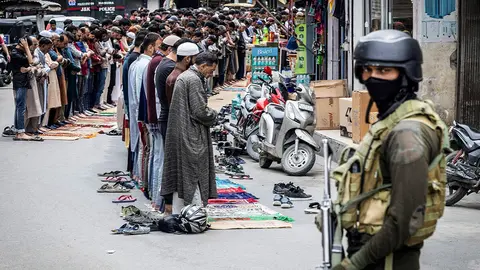India launches massive missile strike against Pakistan, raising tensions between the two nuclear powers
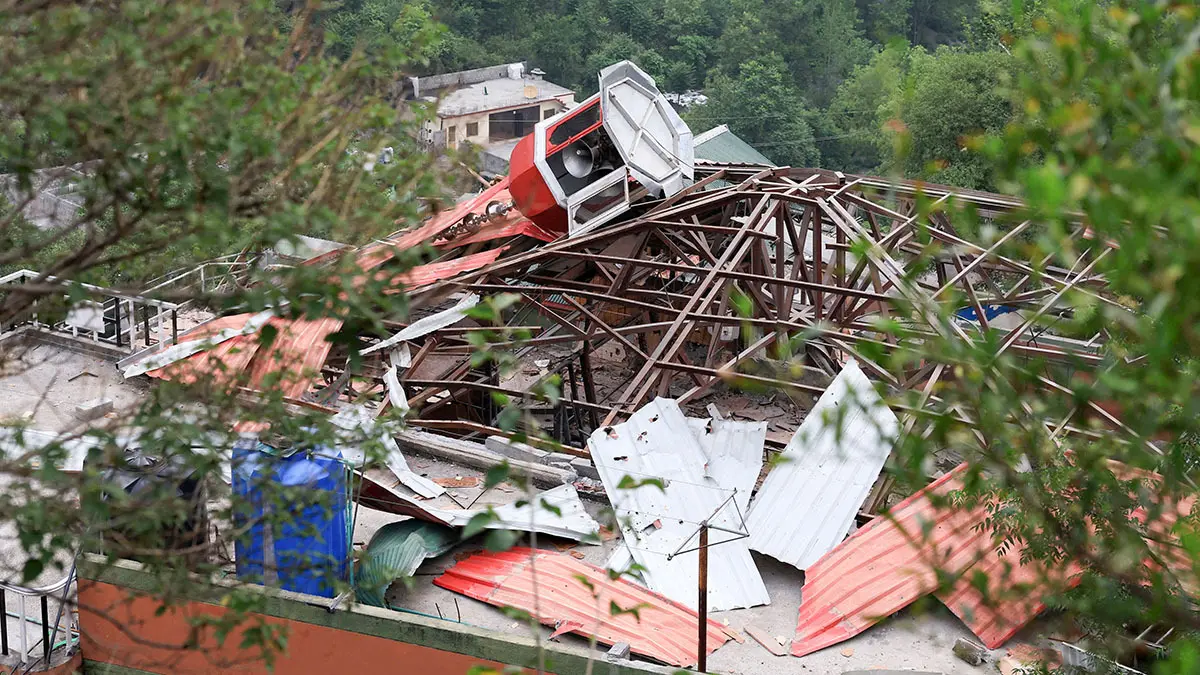
In recent hours, India has launched an unprecedented air offensive against multiple targets in Pakistan, including several located in the province of Punjab and Islamabad-administered Kashmir. This is the most serious confrontation between the two nuclear powers in more than two decades.
According to official Indian sources, the operation, dubbed ‘Sindoor,’ targeted nine facilities considered ‘terrorist infrastructure’ linked to the Islamist militant groups Jaish-e-Mohammed and Lashkar-e-Taiba. These groups have been accused by New Delhi of being behind last month's attack in Kashmir against tourists that left 26 dead.
Of the targets hit, four were in Punjab, Pakistan's most populous province, and five in the Pakistani-administered region of Kashmir. Indian authorities said the facilities were used as recruitment, indoctrination and training centres for militants, as well as for storing weapons and logistical equipment.
Indian Foreign Secretary Vikram Misri said that ‘intelligence showed that new attacks were being prepared against Indian territory, which justified preventive and precautionary actions.’ He added that the munitions used were carefully selected to minimise collateral damage, although no details of the operation were provided.
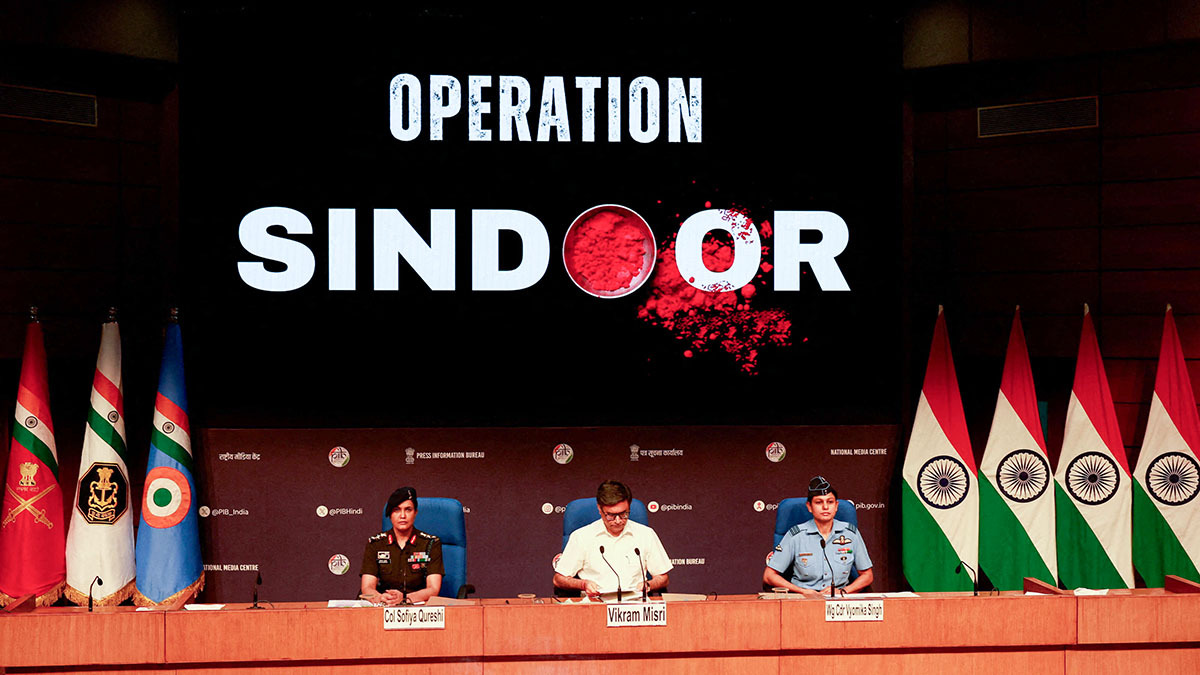
For its part, Pakistan categorically denied that the sites attacked were terrorist camps and reported the deaths of 26 civilians, including women and a girl, as well as 46 wounded. A military spokesman described the attacks as a ‘flagrant violation of sovereignty’ and promised retaliation ‘at a time, place and manner’ of their choosing.
Likewise, the National Security Committee (NSC), Pakistan's highest decision-making body on security matters, chaired by Prime Minister Shehbaz Sharif, granted full authority to the Armed Forces to respond to what it described as ‘Indian aggression.’
‘The Armed Forces have been given full authorisation to take whatever action they deem necessary,’ the Prime Minister's office said in a statement issued after the emergency meeting convened a few hours after the bombings.
In an immediate response, Islamabad claimed to have shot down five Indian fighter jets and several drones, although this claim has not been confirmed by New Delhi. Local sources in Indian Kashmir confirmed to Reuters the crash of three military aircraft in different parts of the Himalayas, whose pilots were reportedly hospitalised. Images circulating on social media show metal debris from a fuselage, but their authenticity has not been independently verified.
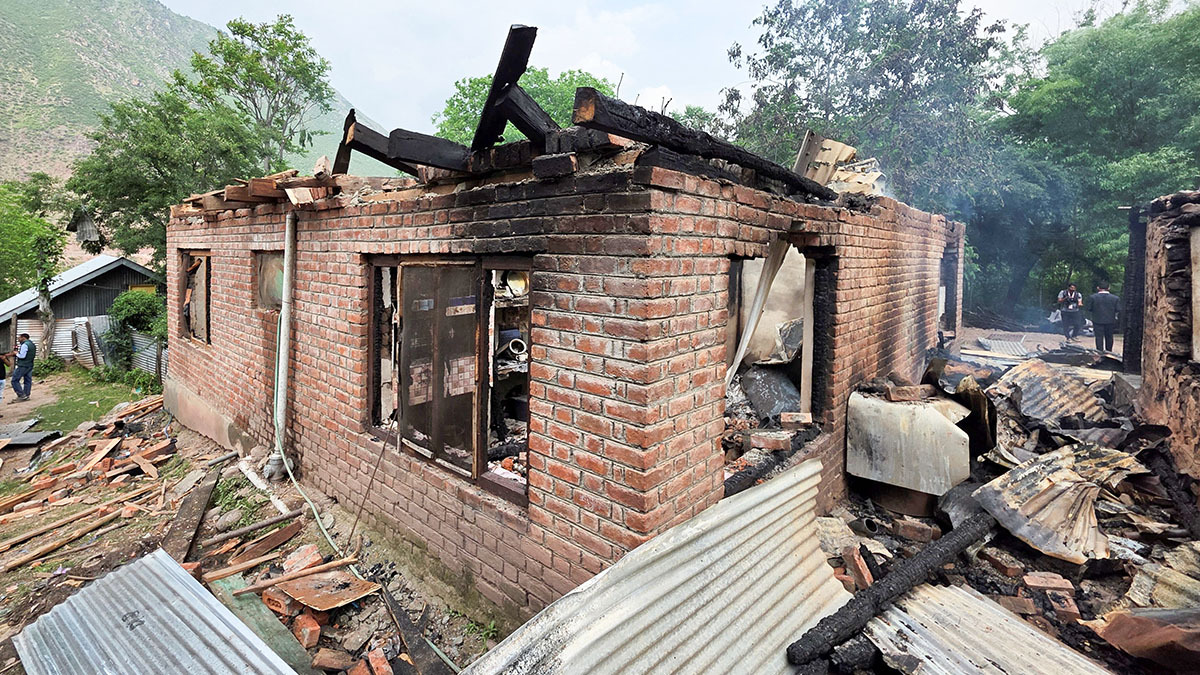
Following India's initial attack, artillery shelling intensified along the line of control in Kashmir. Police sources reported at least 10 civilians killed and 48 wounded on the Indian side, while Pakistan reported six deaths on its territory.
The offensive comes amid growing bilateral tensions following last month's massacre in Kashmir, attributed to Islamist militants with alleged links to Pakistan. Although India maintains that two of the attackers were Pakistani citizens, it has not presented conclusive evidence. Islamabad, for its part, denies any involvement.
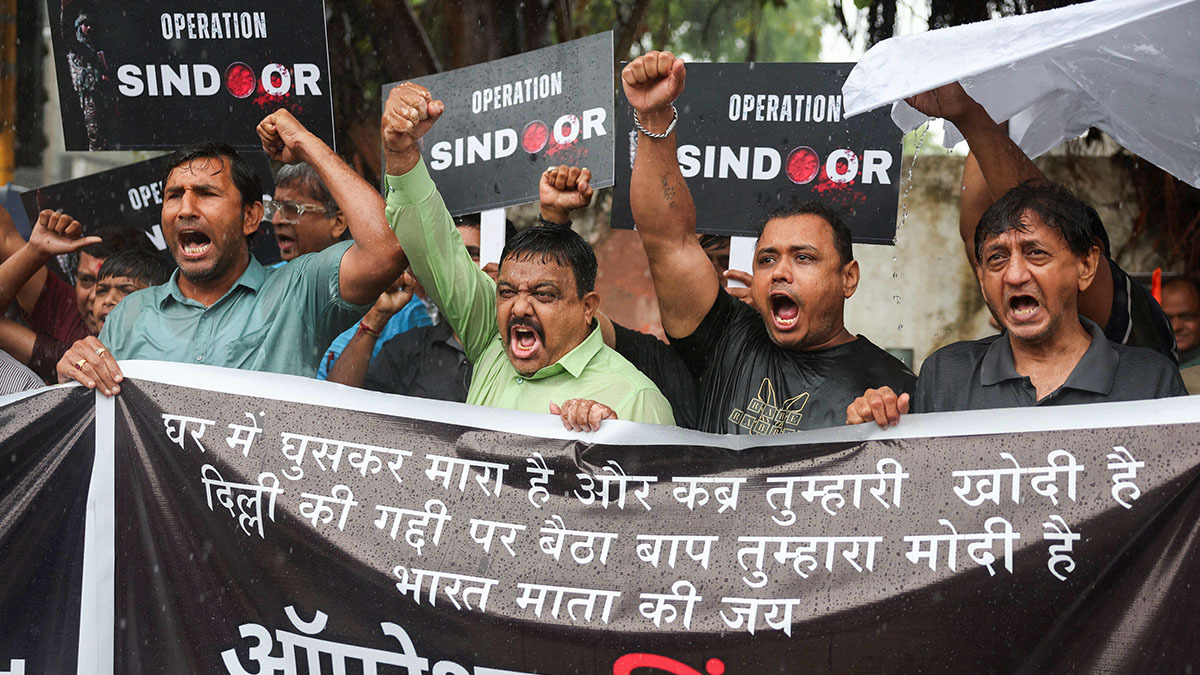
The international community has reacted with concern to this serious situation. US President Donald Trump described the clashes as ‘disgraceful’ and called on both sides to act with restraint. Secretary of State Marco Rubio also held talks with security advisers from both countries, urging them to avoid further escalation. The United Nations, China and Russia also called for calm.
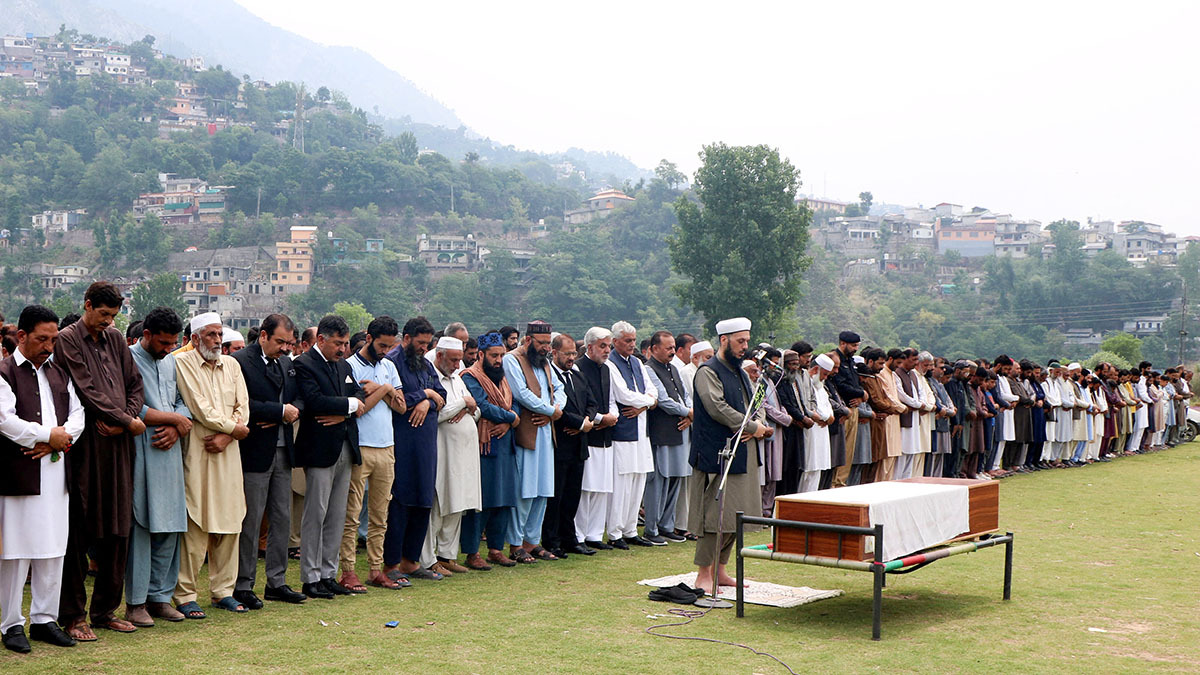
India and Pakistan, enemies since their independence from the British Empire in 1947, have fought three wars, two of them over control of Kashmir, a Muslim-majority region that both claim in its entirety. Since the revocation of its autonomy by Narendra Modi's nationalist Hindu government in 2019, tensions have escalated, especially in a context of growing nationalism in both countries.
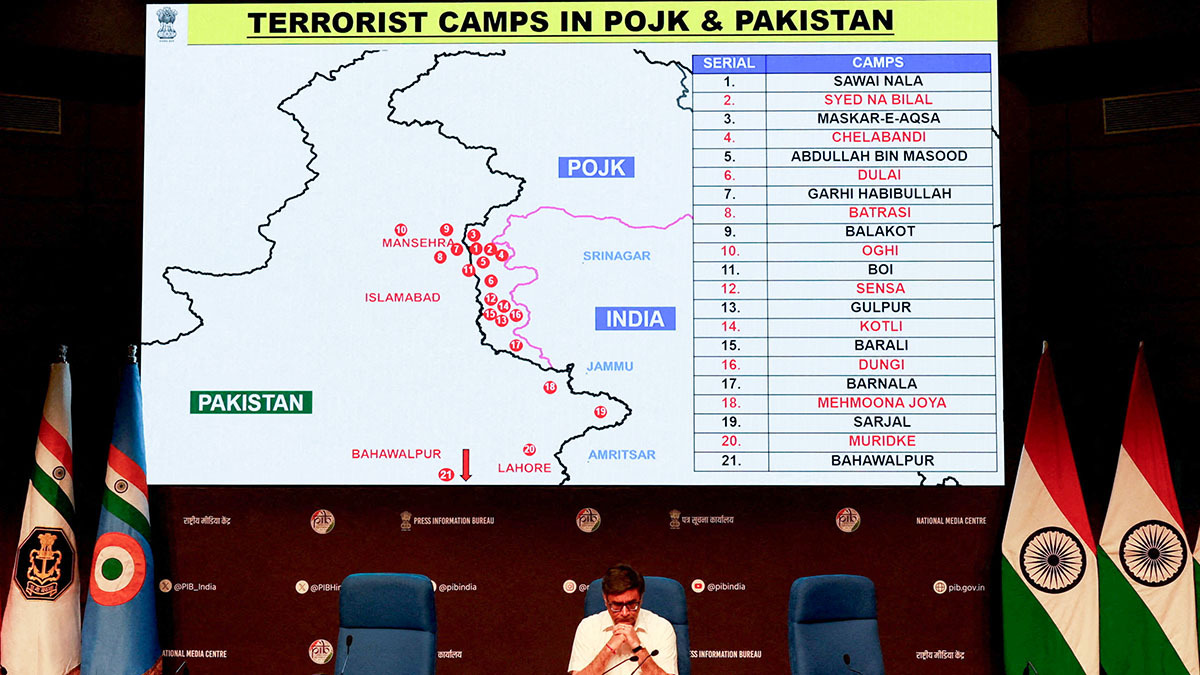
Kashmir, one of the most militarised areas in the world, remains a geopolitical powder keg where clashes could have global consequences, especially given the nuclear status of both neighbouring countries.

